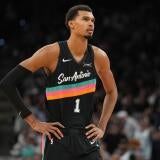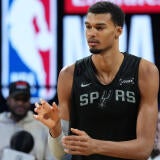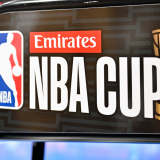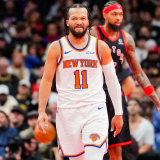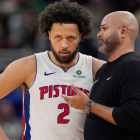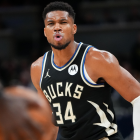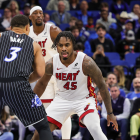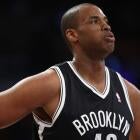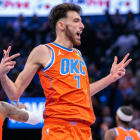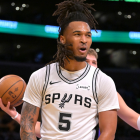Mark Cuban explains why he doesn't think NBA expansion will happen any time soon
The NBA's potential venture into Europe is a more appealing option to Cuban
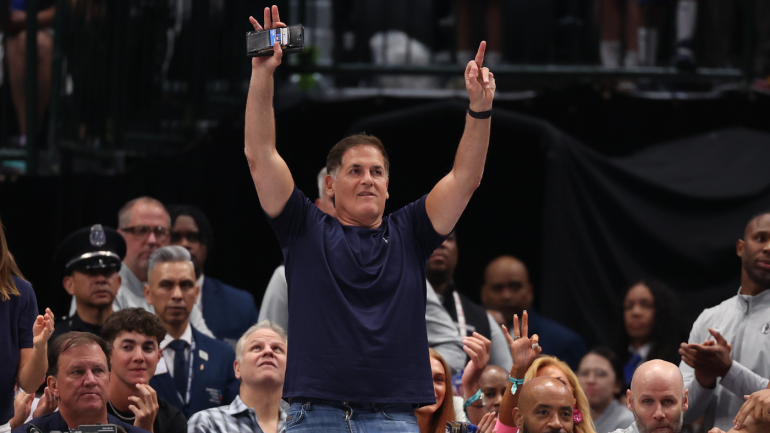
NBA expansion has been a constant topic of conversation for years, but there's been very little progress on making it become a reality. League commissioner Adam Silver said in July that the league was instructed by team owners to conduct an in-depth analysis of its options, hinting that we could see at least one more team added to league in the near future.
However, Mavericks minority owner Mark Cuban doesn't think expansion will happen for the NBA, at least not any time soon. During an appearance on the DLLS Mavs podcast, Cuban laid out two reasons why he doesn't think the league expanding is feasible.
"The expansion fee is just a loan," Cuban said. "You loan me let's say its $6 billion and I pay back that loan. I give you 1/31 -- because there's 30 teams now, there will be 31. I get 1/31 of the TV money, and then it's only a question of how long it takes. So if the TV money, let's just make it an easy number, is $100 million, and it's $6 billion so that means in 60 years the loan will be paid off with no interest. So why split up the pie any further?"
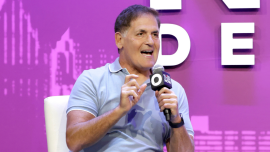
Cuban went on to explain the other reason.
"Part two of that is, when you calculate the CBA, and when you calculate the cap, now you're divided by 32 teams. ... So now if the cap is $170 million, but the basketball-related income hasn't really increased by the team that you added, so now if it's one or two teams, you're reducing the cap. So literally, in a second apron era, the cap goes down and the second apron goes down and the teams are f-----. It just doesn't work," he explained.
"So think about it if you're a player, and now all of a sudden you're a max player and because they added two expansion teams, there's just not as much money to go around to the players. So the players would have to decide, do we want to take less money in cap room, or do we want extra jobs?"
Essentially what Cuban is saying is that by adding more teams, everyone has to split up revenue in more ways, which may not be something every team wants to do from an ownership standpoint. Bigger market teams are already contributing more basketball-related income than smaller market teams and receive less money back in return because smaller markets don't generate as much money. As a result, adding more teams -- especially in smaller markets -- would mean that teams like the Knicks and Lakers would get even less money in return.
The same is true from the player standpoint. They are already dealing with suppressed incomes due to the restrictive CBA and the second tax apron. We've seen this summer just how cautious teams are being with their money in an effort to not come close to that second tax apron. The Celtics specifically were trading away players from their championship roster in an effort to avoid the penalties that come with being a high-spending franchise.
The harsh CBA, coupled with the possibility of expansion in the future, is why Cuban thinks the player's union will opt out of the current CBA at the five-year mark following the completion of the 2028-29 season with hopes to renegotiate.
"I would not be surprised if the players take the opt out," Cuban said.
While he doesn't think expansion will happen, Cuban would be in support of the NBA's reported plans to start a league in Europe.
"That's just a new source of revenue, and we're a global sport," Cuban said. "So I think that's a net positive if they can make it work."
The NBA's maintained a growing presence in Europe. And with the plethora of international talent that exists in the league today, it makes sense to consider tapping into that market further. If that makes more financial sense, perhaps that puts the idea of expansion in the United States on the back burner.


